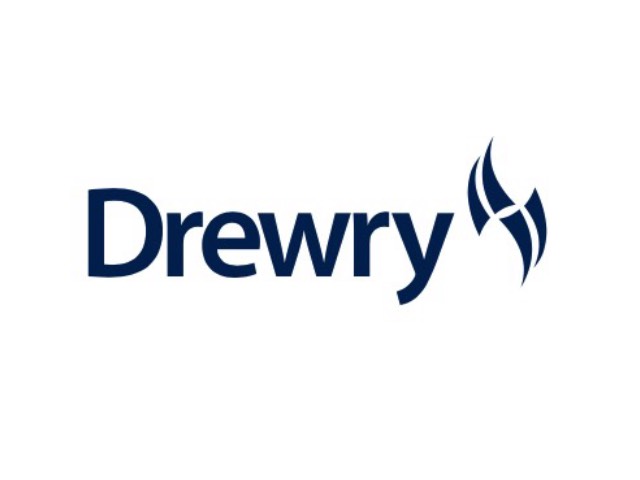China eliminated the 13% export tax rebate on the popular feedstock for biofuels-used cooking oil (UCO) on 1 December 2024, aiming to increase domestic supply as the country intends to implement a 2% Sustainable Aviation Fuel (SAF) blend requirement in 2025. This move will curb UCO exports and raise the UCO price globally, increasing the competitiveness of Chinese UCO-based biofuel. Furthermore, as the EU excludes SAF from imposing anti-dumping duties on Chinese imports in July 2024, it will increase the SAF export opportunities, supporting Chinese biofuel producers.
China is witnessing the highest growth rate among all major biodiesel players, as its exports expanded at a CAGR of 31% in the last five years, while that of the Netherlands grew only 13%. However, high tariffs by the EU, which was the top destination for Chinese biodiesel, dented its exports in 2024.
Understanding the feedstock, UCO role
In late 2023, the EU imposed an anti-dumping tariff on Chinese biodiesel, claiming that some shipments fraudulently labelled as UCO may be virgin palm oil. This led to a contraction in European biodiesel imports from China in 2024. On the other hand, Chinese UCO exports increased, as there was no such tariff on feedstock UCO. Moreover, the US became an alternative market for China’s exports, counterbalancing Europe’s share.
The US started sourcing more UCO in 2023 due to the Inflation Reduction Act, which incentivised the US biofuel producers to increase output. However, due to a surge in UCO imports in the US from China, concerns over potential contamination with virgin palm oil and regulatory uncertainties about tax credit systems for renewable fuels have led to increased scrutiny of the supply chain by the US Environmental Protection Agency, but no actions are in place as of now. Moreover, in May 2024, the US government’s decision to hike tariffs on various Chinese imports did not include any change in policy around UCO, which shows their high dependency on Chinese UCO.
How will this impact chemical shipping?
As China accounts for more than one-third of the global UCO trade, reduced exports will tighten UCO supply and boost prices, increasing biofuel production costs globally.
This change in UCO regulation will reduce UCO exports to the EU and the US, but the impact on chemical tanker shipping will be insignificant due to low volume. Assuming a complete wipeout of the Chinese UCO trade with the EU and the US will reduce the demand for chemical tankers equivalent to six MRs.
China wants to expand its SAF production due to increasing domestic demand, and the absence of tariffs on Chinese SAF imports to the EU has made SAF a strategic product. As the EU will continue to rely on imports with reduced feedstock of UCO to meet biofuel mandates and decarbonisation goals, this could open the door for Chinese SAF to enter the EU market. If this happens, it will partially counterbalance the reduced China’s UCO trade with the EU, nullifying any impact on chemical shipping.
Source: Drewry






